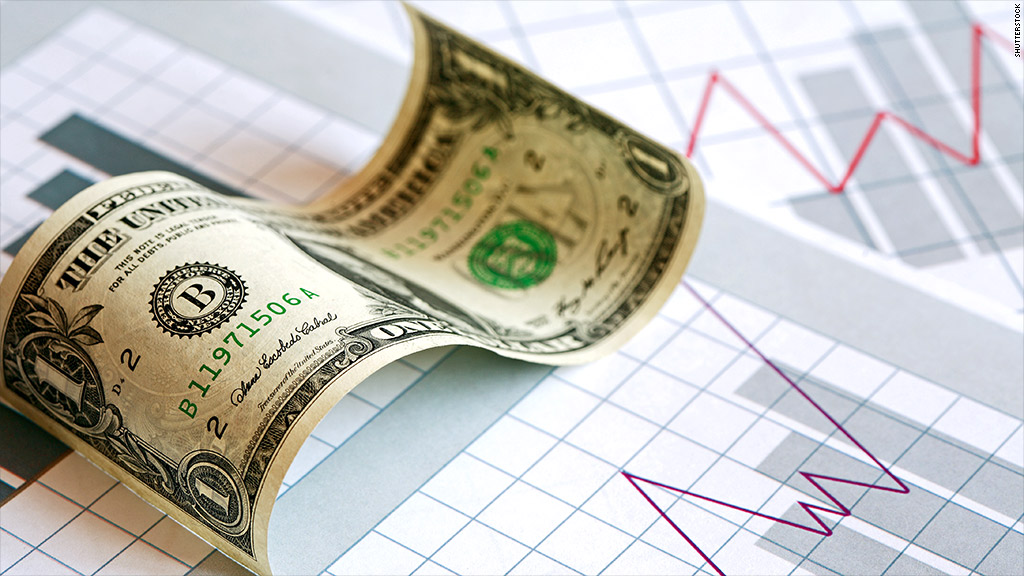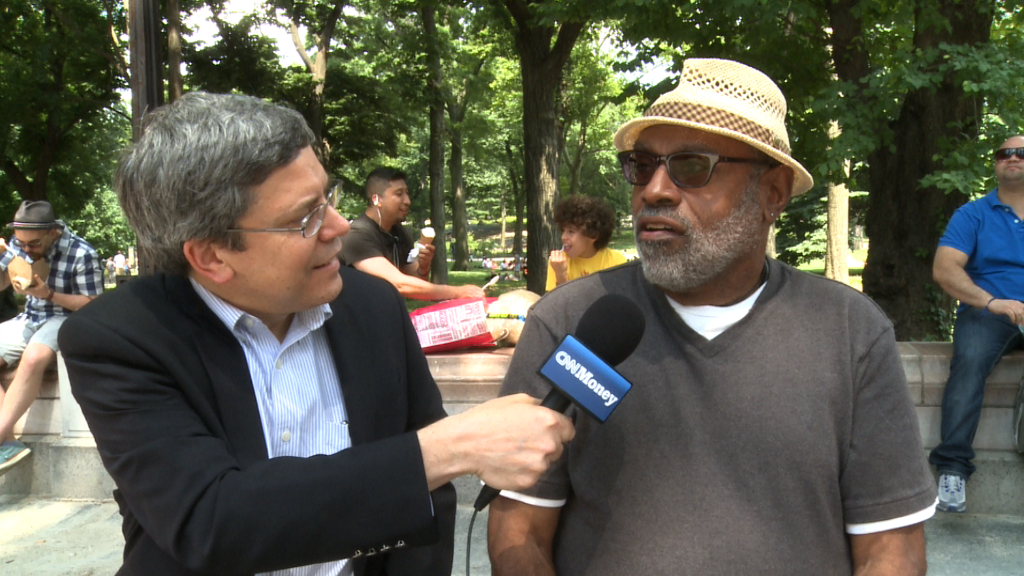
Americans are making a big mistake with their investment decisions.
Even when it comes to money they won't need for more than a decade, 26% of Americans prefer cash for their long-term investments, edging out stocks, bonds, gold and real estate, according to a new Bankrate survey of more than 1,000 U.S. adults.
"What people are perceiving as a safe investment strategy is actually quite risky for a time horizon of 10 years or more," said Greg McBride, Bankrate's senior financial analyst. "Considering that Americans don't save enough to begin with, it has the potential to leave millions of them well short of the money they'll need for retirement or education funds for their children."
Whether it's in a savings account or a money-market fund, sheltering cash would barely yield any growth given the current low interest rates. A $10,000 investment in a money-market fund today would just gain $110 over a decade, according to Bankrate.
That's why it is particularly alarming that respondents would rather conserve their money in cash instead of growing it in stocks, said McBride, adding that over a long period of time, being more aggressive with investments is wiser.
Related: What does it take to be wealthy? $5 million
While holding cash eliminates the risk of losing that money, it also means that after a long period of time, you get less bang for your buck, as inflation makes those dollars worth less.
Meanwhile, the S&P 500 has historically returned almost 9% a year including dividends. Yet only 14% of those surveyed favor stocks for long-term investments.
The preference for cash over stocks is likely a byproduct of the financial crisis and the burst of the dotcom bubble, said McBride.
"A lot of people felt burned not once but twice from stocks within a span of a few years," he said. "As a result, a lot of investors swore off stocks and even five years later, a majority of them are feeling the same way."
Related: Short-term savings, super low rates: Where to stash it?
But McBride emphasized that stocks have rallied significantly after the dramatic plunge in 2008 and early 2009, with the Dow and S&P both trading at their highest all-time levels.
"The ride down wasn't fun for anyone, but those who hung in there and had fortitude to buy more stocks along the way are in a much better financial position today," said McBride. "But those who have been hunkered down in cash are no better off."
Even those nearing retirement age should be investing in stocks, said McBride, as they've got to keep their nest eggs growing for at least 30 years.

Real estate was the second most popular long-term investment, but McBride said that's also problematic as it's "not only very cash-intensive, but often illiquid."
"The bottom line is that the burden for retirement savings is increasingly upon us as individuals," McBride emphasized. "And we won't be where we need to be with the meager rate of savings and stashing that money in very conservative investments."


